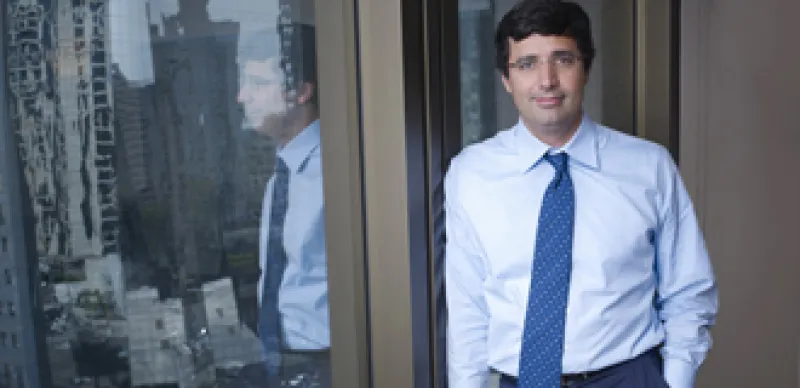
André Esteves Pushes Brazil's BTG Pactual Into Front Ranks of Investment Banking
Former bond trader André Esteves wants to build BTG Pactual into the preeminent investment bank in the emerging markets.
Jason Mitchell
October 4, 2010


